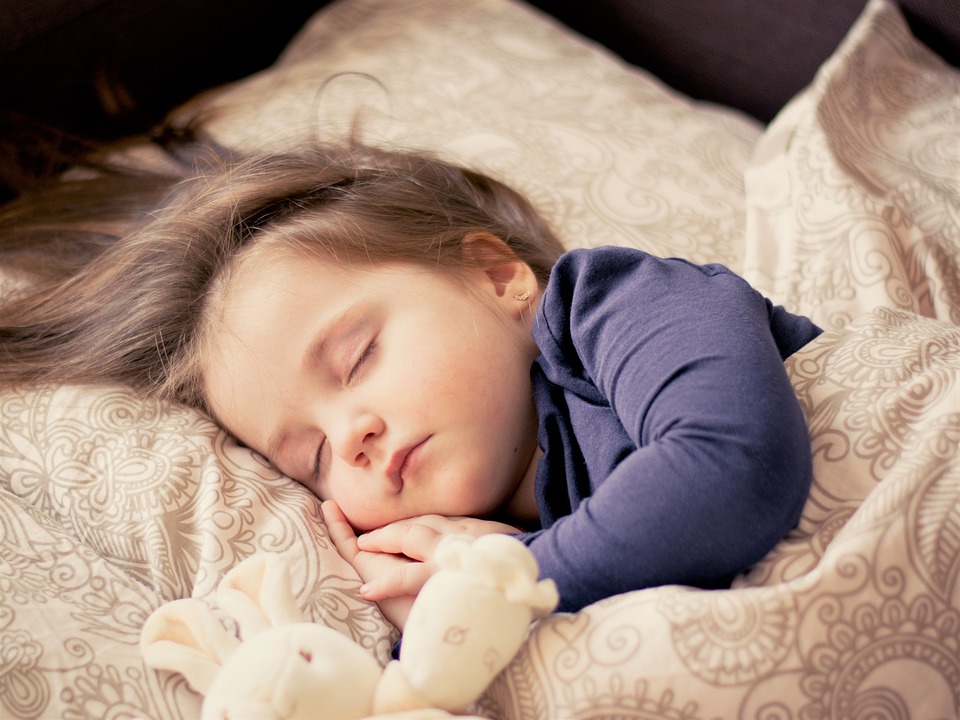Your toddler getting a high temperature is one of those things that makes the parents worried and the child feel worse. Fevers are one of the most integral parts of growing up. Yes, they can be very uncomfortable, but (up to a certain extent) this does not always call for a visit to the doctor’s office.
Only kids who are suffering from diseases that require immediate treatment or those who are immune-compromised should seek medical help immediately as instructed by the doctor. These days, you will get quality thermometer online at affordable price that you can use for getting an accurate reading of the temperature of your child. Contact your doctor right away if your toddler is not responding to any treatment after being detected with a fever.

In order to destroy the invading bacteria or viruses, fevers are actually developed by our body to fight the infection. Viruses like the influenza and chicken pox are responsible for causing infections. Fever or febrile response is caused within the body of a child by the infections that give rise to a bladder infections, ear infections as well as strep. Low-grade fevers in kids are also caused by teething.
Range of Fever
The low-grade fevers are those that are below 101 degrees Fahrenheit and they are mostly caused by teething. The mid-grade ones are those between 101 and 103.5 degree Fahrenheit. The high fevers are those that are 103.6 degrees Fahrenheit and above. Over-the-counter medications can be used to treat even the high fevers. Your physician can help you with this one.
Place Cool Wash Clothes to Reduce the Fever
Place cool wash clothes on the forehead of your toddler which helps to sooth and bring down the fever. You should also refresh the cloth, time and again, if it warms up. You can place a bowl of cool water by the bedside table. In fact, at times tepid water baths are also quite helpful but you should refrain from using cold water.
It has been stated that the shivering actually increases the temperature even more. You should be careful not to overdress your febrile child but you should also take care to ensure that your little one does not catch a cold. Hydration is quite beneficial during this time and electrolyte drinks and cold juice help to enhance the hydration of the body.
Relief with Medication
It is always advisable to offer medication once the toddler starts feeling uncomfortable to a point when she gets completely miserable. Generally, Ibuprofen and Acetaminophen are usually prescribed for the kids. Instead of altering between the two it is always advisable to choose one medication over the other.
You should read the instructions carefully and offer the dosages in a measured way to prevent overdosage. Keep it in mind that doses are strictly dependent on the weight of the child and not on the age. That is why you should always ensure that you know the current weight of your toddler. You should always take the advice of your doctor before offering any medicine to the kid.
Emergency Cases
There are certain symptoms that require immediate medical attention and you should not try to treat your toddler at home under such circumstances. A kid who is limp or is unresponsive to sound or touch or is too lethargic is quite sick. Both irritability and lethargy are symptoms that are serious. So once you have checked with an authentic digital thermometer that you bought from a reputed online medical store you should seek the help of your physician immediately if your kid suffers from these symptoms.
Now that you know what to do at the various stages of fever for your toddler, be confident and ensure that your child receives the right and timely treatment so that he or she can get well soon.